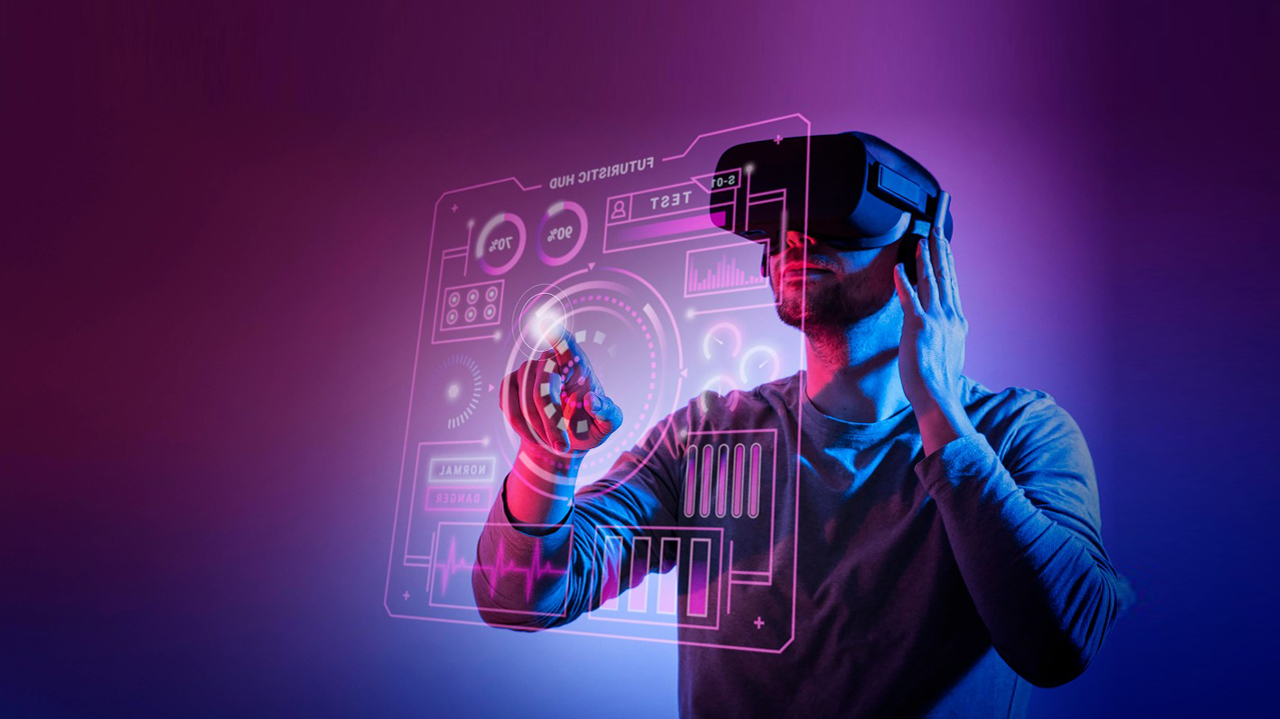
The concept of a metaverse has gained significant attention and buzz in recent years. The word "metaverse" is a portmanteau of the prefix "meta" (meaning "beyond") and "universe" and is typically used to describe the concept of a future iteration of the internet, made up of persistent, shared, and immersive virtual spaces that are created by users and/or companies and are connected via the internet. The term was coined by science fiction author Neal Stephenson in his 1992 novel Snow Crash.
It has been around for decades, but it has gained renewed interest in recent years due to the proliferation of virtual reality and augmented reality technologies, as well as the increasing popularity of online multiplayer games and virtual worlds.
Mark Zuckerberg’s all-in embrace - Facebook rebranded itself as Meta, and he has declared his ambition to 'help bring the metaverse to life'. Facebook has also made several investments and acquisitions in the virtual and augmented reality space, which could potentially be used to help build and shape the metaverse. For example, the company has acquired several virtual reality companies, such as Oculus VR, and has developed its own virtual reality platform, Oculus Quest. In addition, Facebook has also developed a virtual reality version of its social media platform, Facebook Horizon, which allows users to explore virtual worlds and interact with each other in a more immersive way.
With the metaverse forecasted as the future of social media, brands are quick to strategize new marketing campaigns.
Yes, the metaverse is expected to have a significant impact on the way brands market their products and services. In the metaverse, brands have the opportunity to create immersive and interactive experiences for their customers. This could include virtual storefronts, branded virtual spaces, or interactive advertisements. Brands can also use the metaverse to host events or offer exclusive experiences to their customers.
One key aspect of marketing in the metaverse is the ability to gather data and insights about customer behavior. This can help brands to better understand their customers and tailor their marketing efforts to their specific needs and interests.
However, it's important for brands to approach marketing in the metaverse with care and consideration for the user experience. The metaverse is still a relatively new and rapidly evolving space, and it's important for brands to be mindful of the expectations and preferences of their customers.
Brands get to choose where they want to exist in the metaverse. They can have different styles and forms simultaneously active in many of these virtual lands, depending on who they want to reach, how they want to reach them, and with what product.
Nike, Wendy’s, Samsung, Hyundai, Coca-Cola, Sentosa, Louis Vuitton, Adidas, Gucci, Balenciaga, Burberry, Dolce & Gabbana, Ferrari, Tommy Hilfiger, Vans, Ralph Lauren, Forever 21, Atari, and Christie’s are some of the brands breaking through the Metaverse Marketplace.
Following brands like American car manufacturer Ford Motor Company, recently Maruti Suzuki India Limited (MSIL) has announced the launch of ARENAVerse recently, a metaverse platform for the business’ ARENA showroom network, in an effort to improve its position in the metaverse world. The Maruti Suzuki cars will be available for users of ARENAVerse to interact within a lifelike virtual experience.
Yes, technology evolves so rapidly that what seems ‘hot’ now becomes passé in a matter of months. Metaverse can redefine brands and people’s lives and be a real game changer in 2023.